He whānau reo Māori: Me pēwhea rā?
A literature review called He Whānau Reo Māori: me pēwhea rā? summarising existing research on whānau raising their children with the Māori language as their mother tongue is now available on our website(external link).
Commissioned by Te Mātāwai and conducted by Dr Awanui Te Huia at Te Herenga Waka, this review provides insights into the experiences of whānau Māori seeking to create Māori language households. It highlights the specific issues and hurdles which they may encounter.
This review shows the need for Māori language learning strategies to be multi-generational in their focus. Many whānau live in intergenerational households, including kaumātua and young children, and so the design of Māori language resources and support should ideally fit this wide range of needs.
Te Mātāwai Kaiwahakahaere Rangahau Kararaina Rangihau says, “He Whānau Reo Māori: me pēwhea rā? identifies Māori women as the higher users of te reo Māori in the home, providing leadership and actively fostering Māori language environments for their children.”
“It also shows how vitally important kaumātua are to supporting the te reo Māori aspirations of whānau, particularly when whānau are clear about their goals,” she says.
Whānau utilise many different resources on the path to creating Māori language speaking homes, but language planning remains a core tool for whānau to track their language development. Te Mātāwai will continue to promote language planning templates, share resources, and support family-friendly immersion kaupapa for reo Māori speaking whānau.
In the research space, Te Mātāwai also recently ran a social media campaign to get Expressions of Interest for topics or questions about te reo Māori to help shape a future research or evaluation project. The next step is for Te Komiti Rangahau (Te Mātāwai Board Research subcommittee) to review the applicants and decide which ideas will move to a Kāhui-led research project.
